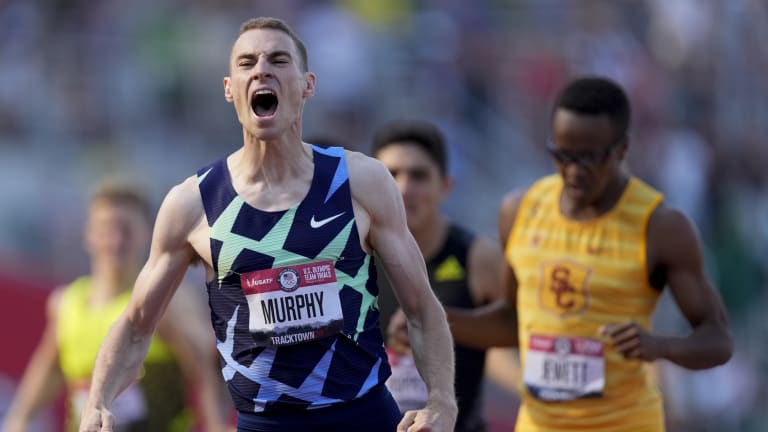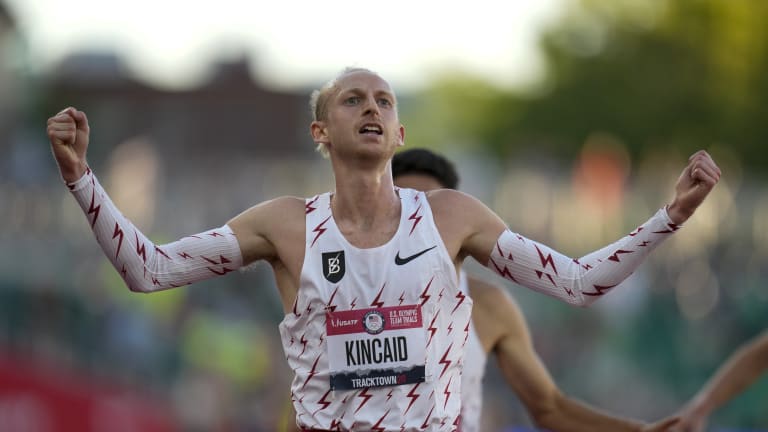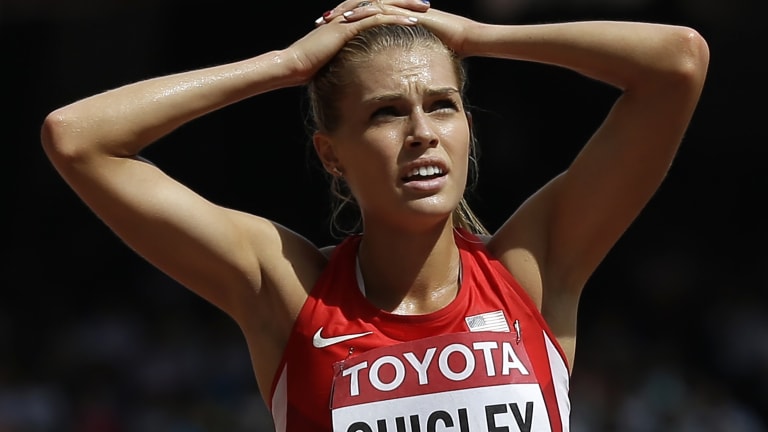EUGENE, Ore. (AP) — Ever since a track coach named Bill Bowerman tinkered with the idea of pouring rubber into his waffle iron to concoct a better shoe sole for running, Nike and the sport of track and field have become inseparably intertwined.
The results of much of that interconnectedness is on full display in the college town of Eugene — which is where Nike was founded and underwrites virtually every facet of sporting life at the University of Oregon. This week, the university is hosting the track and field Olympic trials. Next year, the sport's world championships — the biggest event in track this side of the Olympics — take the stage.
Though frequently scrutinized the way any market leader is, Nike's command of this sport has been tested over the past few years, both in its dominant position involving sponsorships with track's top names, and also in the way it is perceived by its most fervent fans and critics.
Gender equity battles have led to the defection of several high-profile women runners, including nine-time Olympic medal winner Allyson Felix; a complex doping case involving Nike's most high-profile coach, Alberto Salazar, continues to play out this summer at the Court of Arbitration for Sport; Nike's role in developing new boundary-pushing technology for long-distance running shoes has garnered its share of sideways glances.
Meanwhile, virtually every major executive and organization in the sport — among them, USA Track and Field, and its president, Vin Lananna, and World Athletics president Sebastian Coe, and former USATF head Craig Masback — either has, or once had, some strong connection to Nike.








